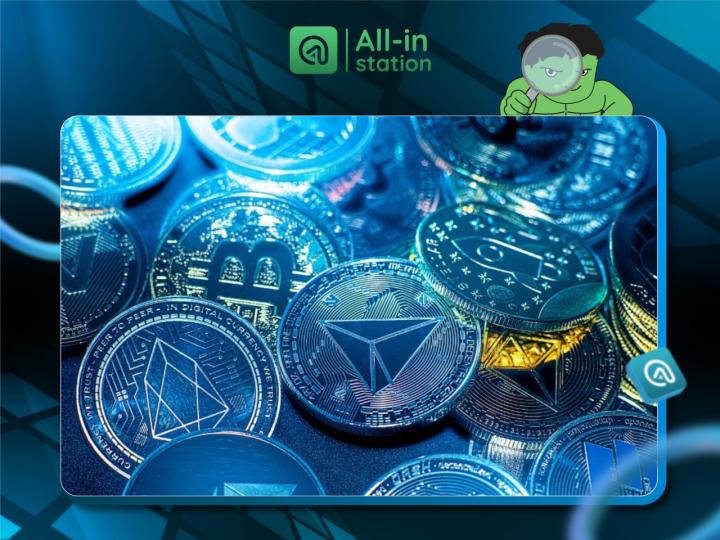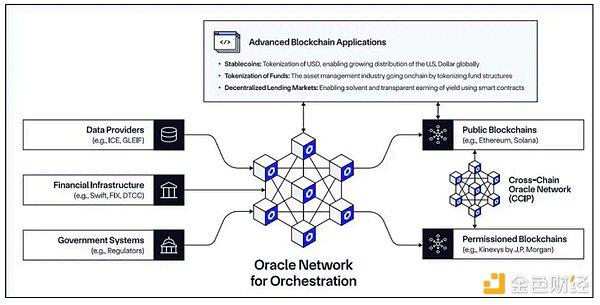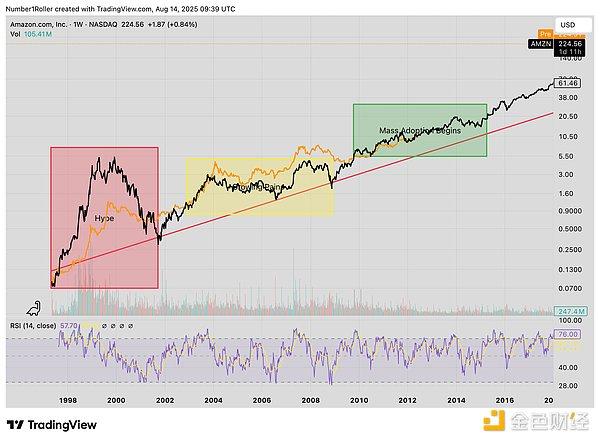Comparing Stablecoin Regulatory Approaches between the United States and Hong Kong
| Factor | United States | Hong Kong |
|---|---|---|
| Licensing Process | New regulations prioritize safe collateralized assets, support bank custody participation | Licenses must be approved by regulatory agencies, with very limited contact units |
| Collateral Requirements | Mandatory stablecoin collateralization with USD, treasury bonds, cash | Similar to the United States, requiring transparency and verification of collateral asset sources |
| Rumor Control | No strict rumor monitoring system yet | SFC, HKMA handle unverified spreading rumors firmly |
| Bank Role | Traditional banks beginning to participate in custody and stablecoin issuance | Banks primarily provide platform service infrastructure |
Frequently Asked Questions
What services is Citigroup considering for stablecoin?
Citigroup is primarily focused on developing custody services for collateralized assets for stablecoin and researching payment networks based on stablecoin according to current regulations.
How attractive are stablecoins to financial institutions?
Stablecoins strongly attract institutional investors due to price stability, high liquidity, and support from traditional asset ecosystems.
Which stablecoin leads the market currently?
According to defillama, Tether (USDT) currently occupies over 60.42% of the global stablecoin market share.
Why is Hong Kong tightening stablecoin controls?
Hong Kong controls strictly to protect investors from price manipulation risks, false licensing rumors, and ensure only approved companies can operate stablecoins.
What are the benefits for traditional banks participating in stablecoin custody?
Traditional banks help increase reliability, protect asset safety, and enhance stablecoin legitimacy in the eyes of large enterprises.
What are the differences in stablecoin supervision between the United States and Hong Kong?
The United States prioritizes promoting stablecoins in payments with safe collateralization, while Hong Kong focuses on rumor control and strict licensing through regulatory agencies.
What should investors note when trading stablecoins in emerging markets?
Investors should check official information sources, avoid chasing rumors, and comply with local regulatory guidelines to minimize risks.







